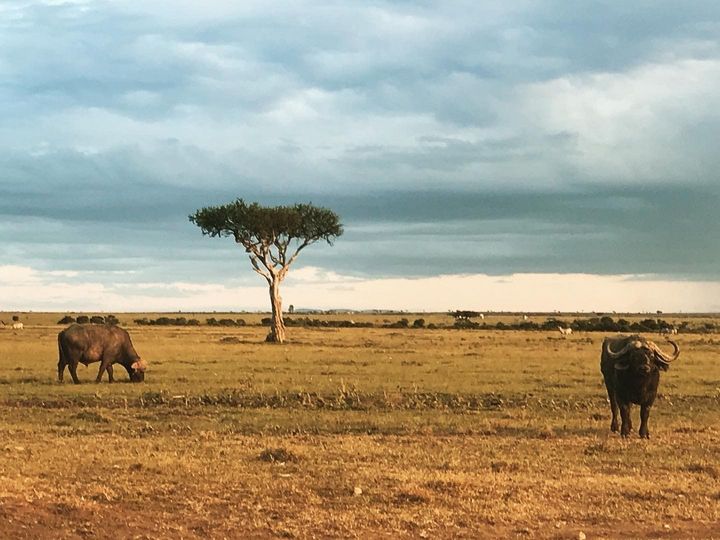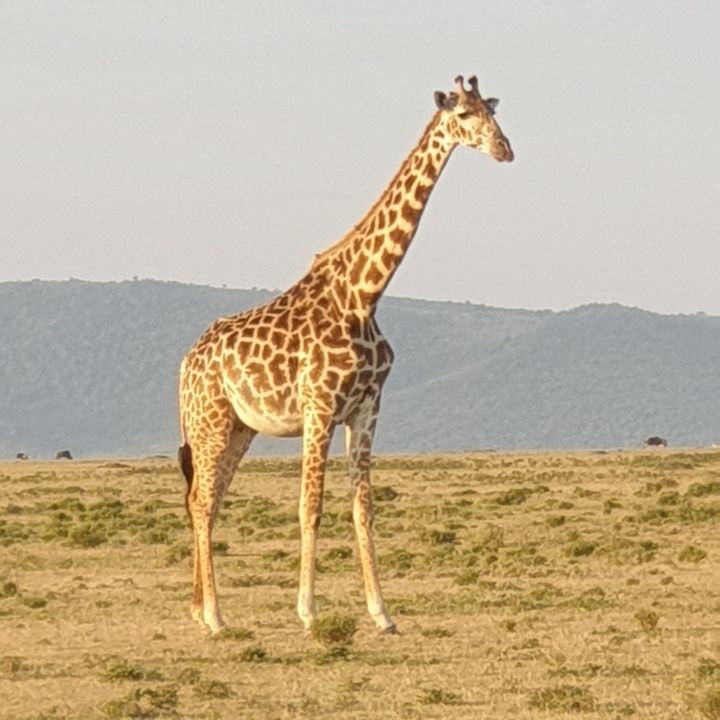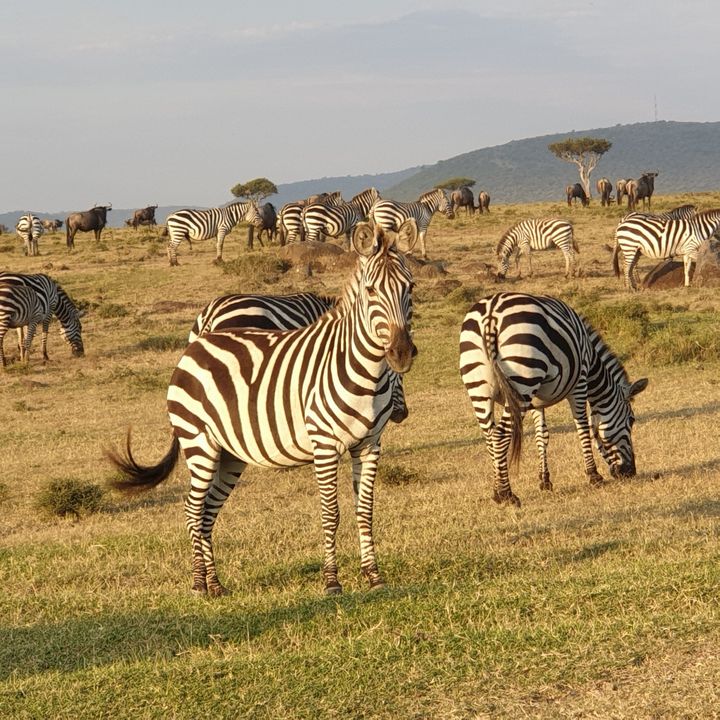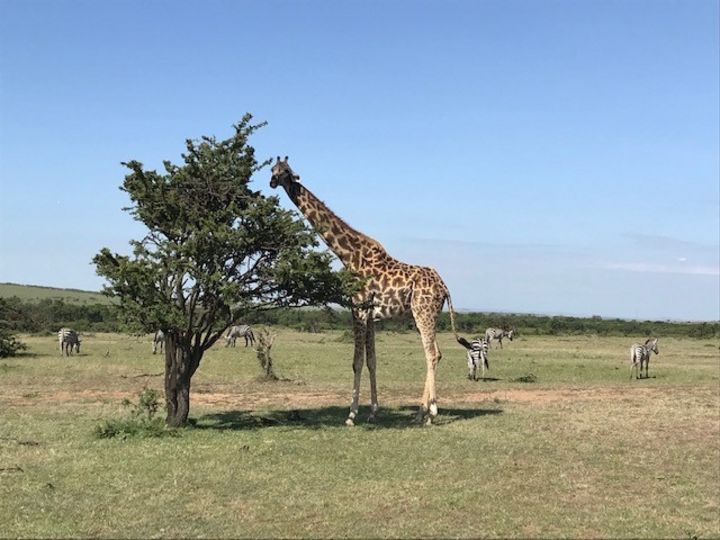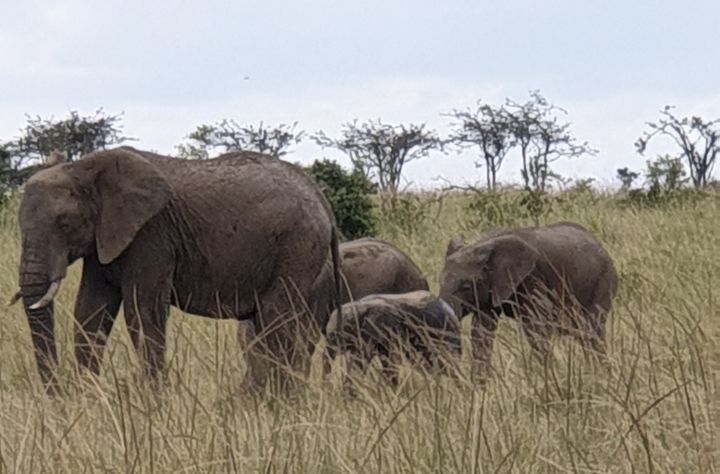Kenya Conservancies
Kenya’s tourism sector contributes 12% of GDP and provides 90% of nature conservation funding, employing many indigenous youths. In the Maasai Mara region, conservancies generate income through lease payments to landowners and employ community scouts for wildlife monitoring. However, the COVID-19 pandemic has severely impacted incomes, with conservancies facing potential losses of between 2 and 10 million euros over two years, risking the abandonment of conservation-based land use.
The project “Pool Management of Short-Term Experts for the Project COVID-19 Emergency Support to Conservancies in the Maasai Mara Region” provides direct financial support to conservancies and capacity building for state and non-state actors, aiming to build back better. In consortium with NIRAS-IP, we promote links between wildlife conservation strategies and sustainable livestock models, while advising on the diversification of conservancy business models to include alternative income sources beyond tourism. The approach emphasises sustainability and gender sensitivity.
Beneficiaries include the Maasai Mara Wildlife Conservancies Association (MMWCA), the Ministry of Tourism and Wildlife (MoTW), the Kenya Wildlife Service (KWS), and local county governments.
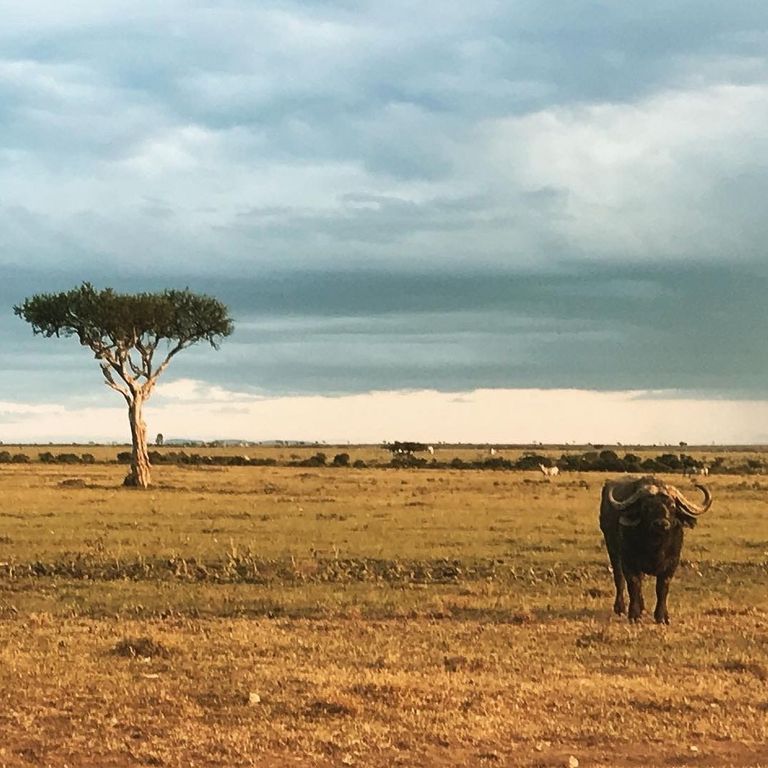
Disciplines
- Sustainable Natural Resources Management
- Governance, Peace and Social Cohesion
Client
Deutsche Gesellschaft für Internationale Zusammenarbeit (GIZ) GmbH
Duration
From 2022 to 2023
Location
Kenya
Project Activities
Crisis coordination and fund management: Advise the Maasai Mara Wildlife Conservancies Association (MMWCA) on maintaining crisis coordination efforts, fund administration, and service monitoring.
Governance: Support MMWCA in its advisory role for implementing governance improvement plans across 16 associated conservancies and a gender strategy. Provide accompaniment and coaching for the MMWCA Women’s Forum to empower women in participation and decision-making. Help MMWCA meet project management, safeguard, and gender standards.
Business development: Advise MMWCA on developing a conservancy management strategy, building human capacity for conservancy management, and reviewing contracts with landowners and tourism companies to improve negotiations. Develop strategies, conduct studies and pilots for income diversification, and support partnerships for sustainable economic development and employment.
Strengthening government bodies: Advise the Ministry of Tourism and Wildlife (MoTW) on establishing a nature conservation fund and designing a conservancy information and monitoring system. Provide training for Kenya Wildlife Service (KWS) staff on human rights, rule of law, and conflict management. Support state institutions in awareness campaigns on wildlife conservation and human-animal conflict, and advise on monitoring wild/problem animals in collaboration with non-state actors.
Contributing to the UN Sustainable Development Goals
We are committed to making a positive impact and supporting the UN Sustainable Development Goals (SDGs). This project contributes to the following SDGs:
Project Images
